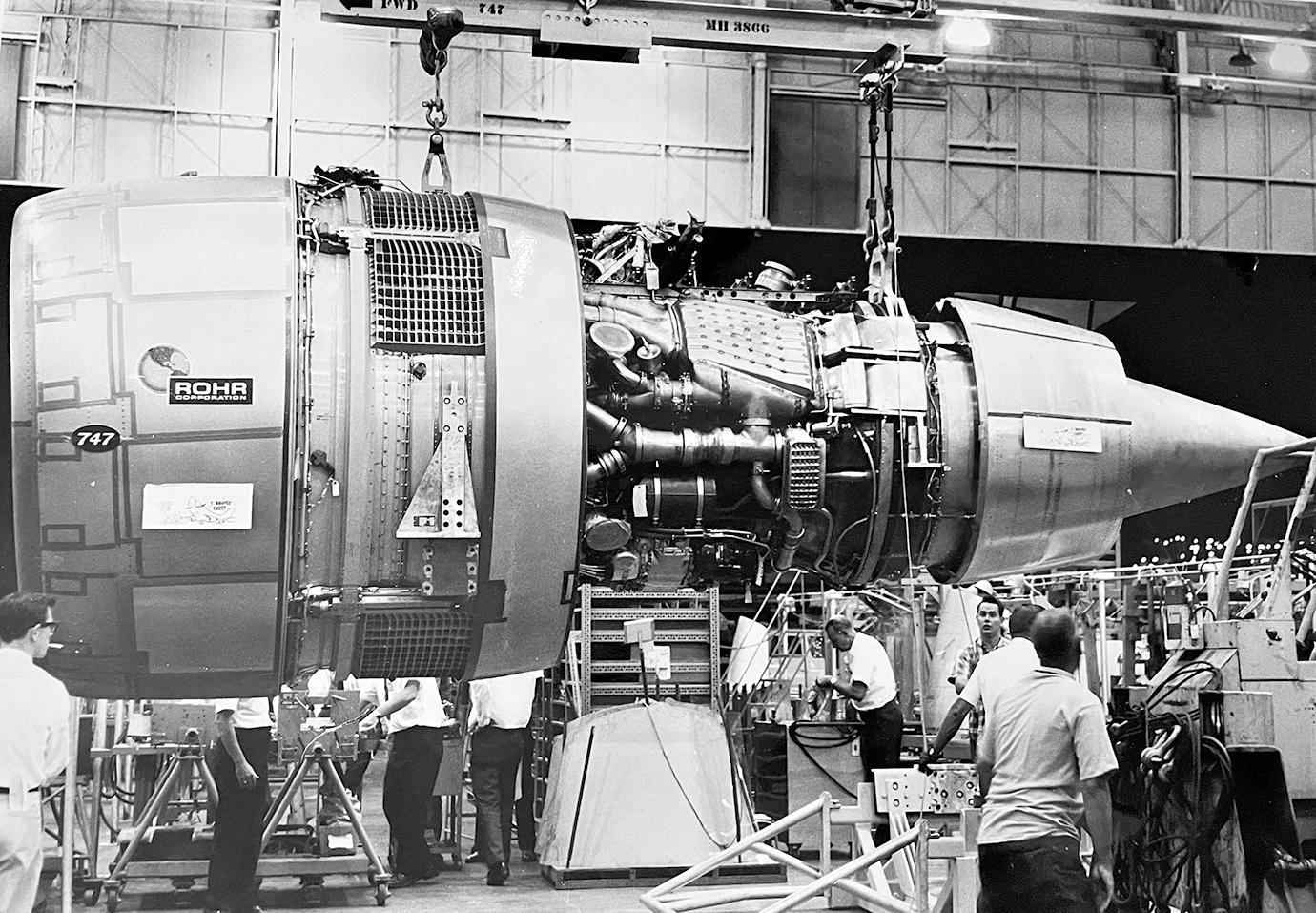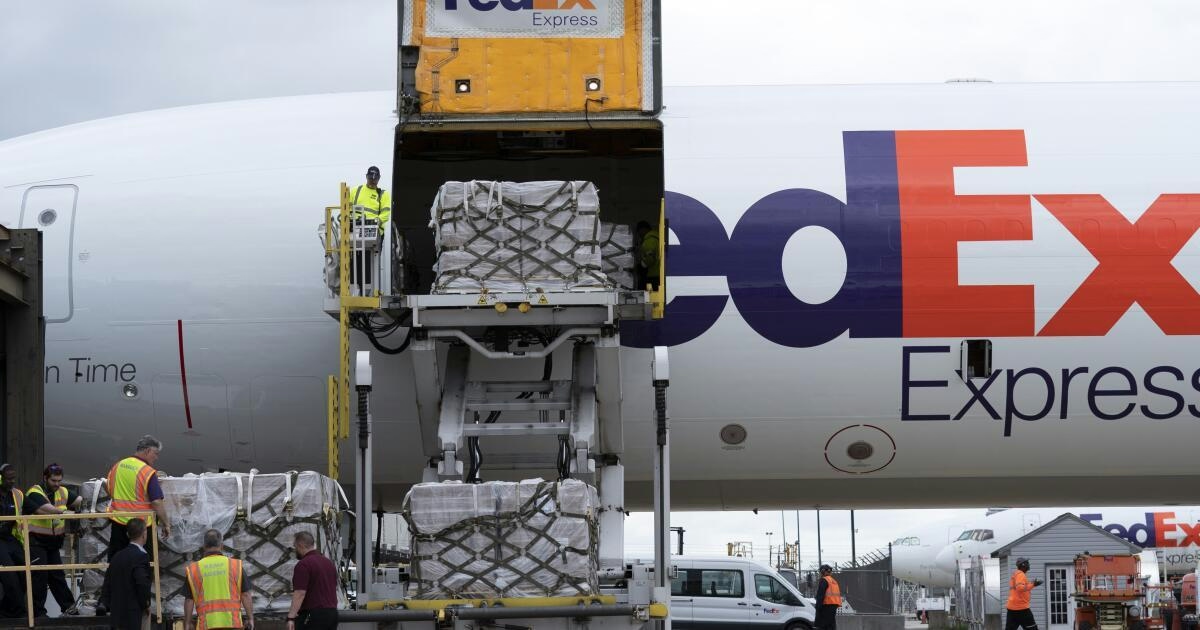
AeroGenie – Ihr intelligenter Copilot.
Trends
Categories
Qbeast’s Indexing Technology Promises Real-Time AI and Cost Savings for Airlines and Hotels

Qbeast’s Indexing Technology Promises Real-Time AI and Cost Savings for Airlines and Hotels
The travel and tourism industry is under increasing pressure to deliver smarter, faster, and more personalized experiences while managing rapidly growing data volumes and escalating cloud expenses. Airlines, hotel chains, and online travel agencies (OTAs) face significant challenges in handling real-time pricing, passenger analytics, and AI-driven personalization, as legacy data systems struggle to keep pace. In response, Qbeast, a Barcelona-based data optimization startup, has developed a breakthrough indexing technology designed to revolutionize how travel brands manage and analyze their data.
Addressing the Hidden Costs of Travel Data
Modern travel platforms often rely on open Lakehouse architectures such as Delta Lake, Apache Iceberg, and Hudi, which offer scalability and flexibility. However, these systems frequently waste up to 90% of compute resources scanning irrelevant data, according to Databricks. For airlines processing thousands of route updates or hotels analyzing millions of guest preferences, this inefficiency results in inflated cloud bills and sluggish system performance.
Qbeast’s multi-dimensional indexing technology directly addresses this issue by enabling data systems to isolate only the necessary information—such as bookings from specific regions or loyalty member activity. This targeted approach streamlines analytics within the travel sector’s always-on, multi-source environment, significantly improving efficiency.
Plug-and-Play Performance for the Travel Sector
One of the key advantages of Qbeast’s platform is its seamless integration with industry-standard analytics engines including Spark, Databricks, Snowflake, DuckDB, and Polars. This plug-and-play capability allows airlines, hotels, and travel operators to enhance performance without the need to overhaul existing data pipelines or migrate storage systems. In cross-industry trials, Qbeast has demonstrated up to six times faster query speeds and cloud cost reductions of as much as 70%.
For travel brands, these improvements have the potential to dramatically enhance pricing engines, passenger forecasting, and operational dashboards, enabling faster and more cost-effective decision-making. Additionally, tourism boards and destination marketing organizations can leverage near real-time analysis of traveler sentiment and booking trends to inform more effective campaigns and policies.
AI Meets Indexing: Unlocking Smarter Tourism Futures
Artificial intelligence is becoming indispensable in travel, powering applications from route optimization to personalized guest experiences. However, most existing data systems are not designed to meet the speed and scale demands of AI. Qbeast’s indexing technology makes AI-ready analytics accessible even to mid-sized travel firms and local hotel groups by supporting high-speed filtering by time, geography, customer type, or behavior. This capability facilitates instant, personalized recommendations and dynamic offers, advancing the future of smarter tourism.
Challenges and Market Dynamics
Despite its potential, Qbeast’s technology faces challenges. Airlines and hotels may need to make significant initial investments in infrastructure and staff training to fully realize AI-driven cost savings. Market reactions remain mixed; while data from Skift indicates a growing trend of AI adoption in travel, some stakeholders remain cautious about the immediate return on investment. Competitors are also expected to respond by developing similar AI-driven indexing solutions or enhancing their existing platforms to maintain a competitive edge.
As the travel industry accelerates its adoption of AI and data-driven operations, Qbeast’s innovative approach could represent a pivotal development—contingent on stakeholders’ willingness to invest in the future of smarter, more efficient travel.

The Enduring Legacy of the Boeing 747 in Aviation Engineering

China’s Low-Altitude Economy Expands with Air Taxis and Drone Deliveries

Report Details Fiery History of McDonnell Douglas MD-11’s CF6 Engine

Supreme Court Rules Pilot Not Liable in Air India AI171 Crash

Huntington Beach Considers Vertical Taxi Pilot Program

Flight Reductions Threaten Timely Delivery of Critical Goods to LAX and Other Airports

Archer Aviation Shares Decline Amid Market Volatility

Airbus Secures Largest Aircraft Order of the Year

Debate Continues Over Responsibility for Air India Crash
